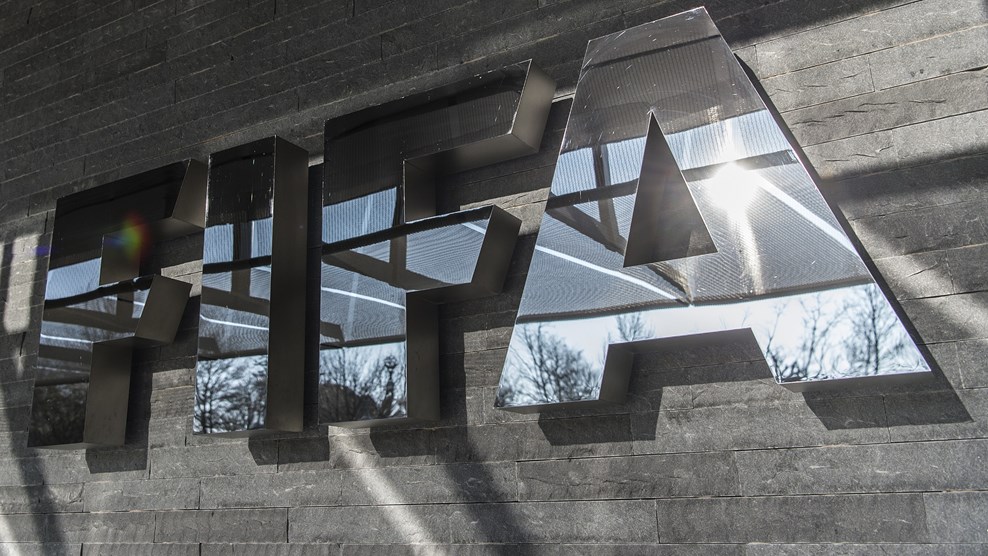By Paul Nicholson
September 20 – FIFA’s ethics committee has imposed life bans on three individuals who pleaded guilty in the FifaGate corruption scandal. FIFA has also slapped $1.03 million fines on each of them, though their claim of jurisdiction for the fines looks to be on shaky ground and incomplete (if not fabricated) information.
Marketing executive Aaron Davidson, Costas Takkas, a British aide to disgraced former FIFA vice president Jeffrey Webb, and Colombian match agent Miguel Trujillo have all been fined CHF1 million.
None of them held football federation positions – either elected or employed – though Davidson and Trujillo did hold rights to football events. Takkas had neither elected or employed positions, nor did he hold marketing rights (he was unpaid general secretary for the Cayman Islands FA in the 90s).
Davidson has pleaded guilty to racketeering and wire fraud and is scheduled to be sentenced January 9 while Trujillo, who pleaded guilty to money laundering and wire fraud, is still awaiting a sentencing date.
Takkas admitted to one count of money laundering conspiracy and received a 15-month prison sentence last year, 10 of them being taken into account for prison time he served in Switzerland before he was extradited.
In a statement, FIFA said the investigations into all three were “based inter alia on press release(s) from the United States Department of Justice”.
While the US jurisdiction in the cases is clear, FIFA’s jurisdiction over whether it has the right to issue fines is not clear at all. In the case of Davidson and Trujillo neither were employees of a federation or Concacaf. In Takkas’ case he was not even a football ‘executive’ but was a friend of Webb who acted as a volunteer (he has been somewhat conveniently described as an attache in attempts to define his role).
It is not known how far FIFA’s investigation went into these cases but it doesn’t appear to be very far. Even a cursory probe into Concacaf and the CFU comes back with the very clear message that Takkas never worked or had any official capacity with either organisation.
FIFA may have dropped a legal bomb on itself in its craven rush to generate cash from the Department of Justice investigations. With the individuals already down and out in the penalty box, it seems FIFA Ethics could not resist the temptation to stick the boot in with their own ‘motivated’ cash grab. In Takkas’ case, with sentence having already been passed and served in the US, FIFA’s desire to cash in looks like a piece of opportunism designed to boost its own desperate need to find some kind of credibility for its own discredited ‘independent’ Ethics process.
Contact the writer of this story at moc.l1713877218labto1713877218ofdlr1713877218owedi1713877218sni@n1713877218osloh1713877218cin.l1713877218uap1713877218

